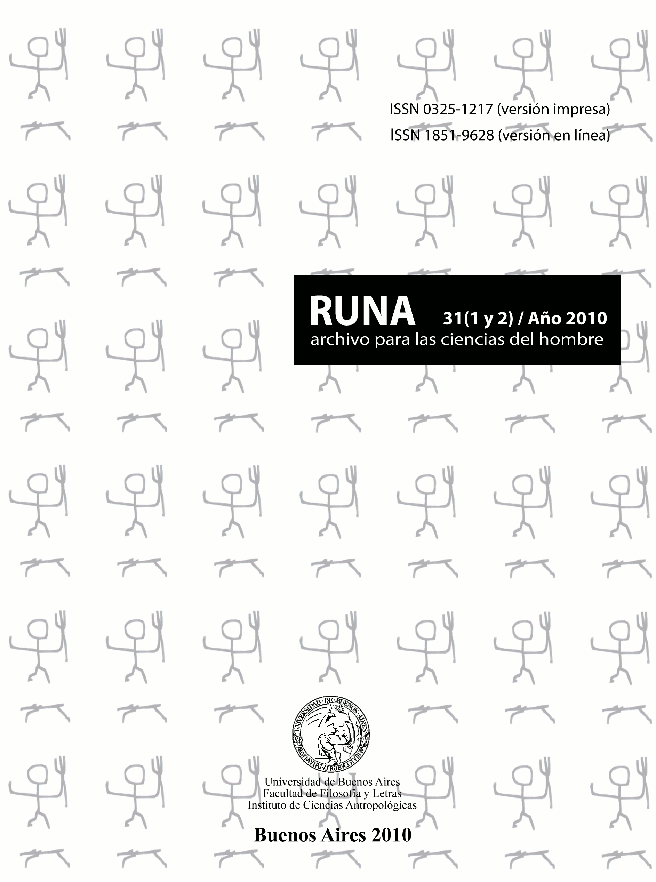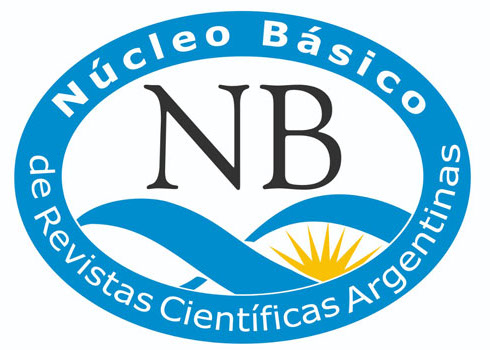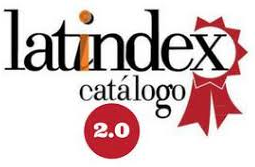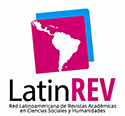Revisiting Napalpi: A dialogical anthropology for social action and violence
Abstract
After the statement of the final conquest of the Chaco region in 1911, the Reducción de Indios de Napalpí was in 1924 the scene of the greatest expression of institutionalized violence by the Argentinean State against the indigenous people of the region. Revised at the light of the democratization's processes of the last decades and of the contemporaries' indigenous processes of political action, the massacre is characterized by a multiplicity of readings and uses with several contradictions. Such multiplicity reflects the diversity of forms of political action, of indigenous subjectivity and of readings of a historical trajectory shared only apparently. In this paper we analyze the contexts where the massacre of Napalpí turns in tool of the political action. For this, we focus in the nature of these processes in a complex landscape characterize by the emergence of new actors that erase the verticality of the relationships between indigenous peoples and the State.Downloads

Runa, archivos para las ciencias is a publication of the Instituto de Ciencias Antropológicas, Facultad de Filosofía y Letras, Universidad de Buenos Aires and is distributed under a Creative Commons Attribution 4.0 International License.
Runa maintains its commitment to the policies of Open Access to scientific information, considering that both scientific publications and publicly funded research should circulate on the Internet freely, free of charge and without restrictions.
The contents and opinions expressed in published articles are the sole responsibility of their authors.



















